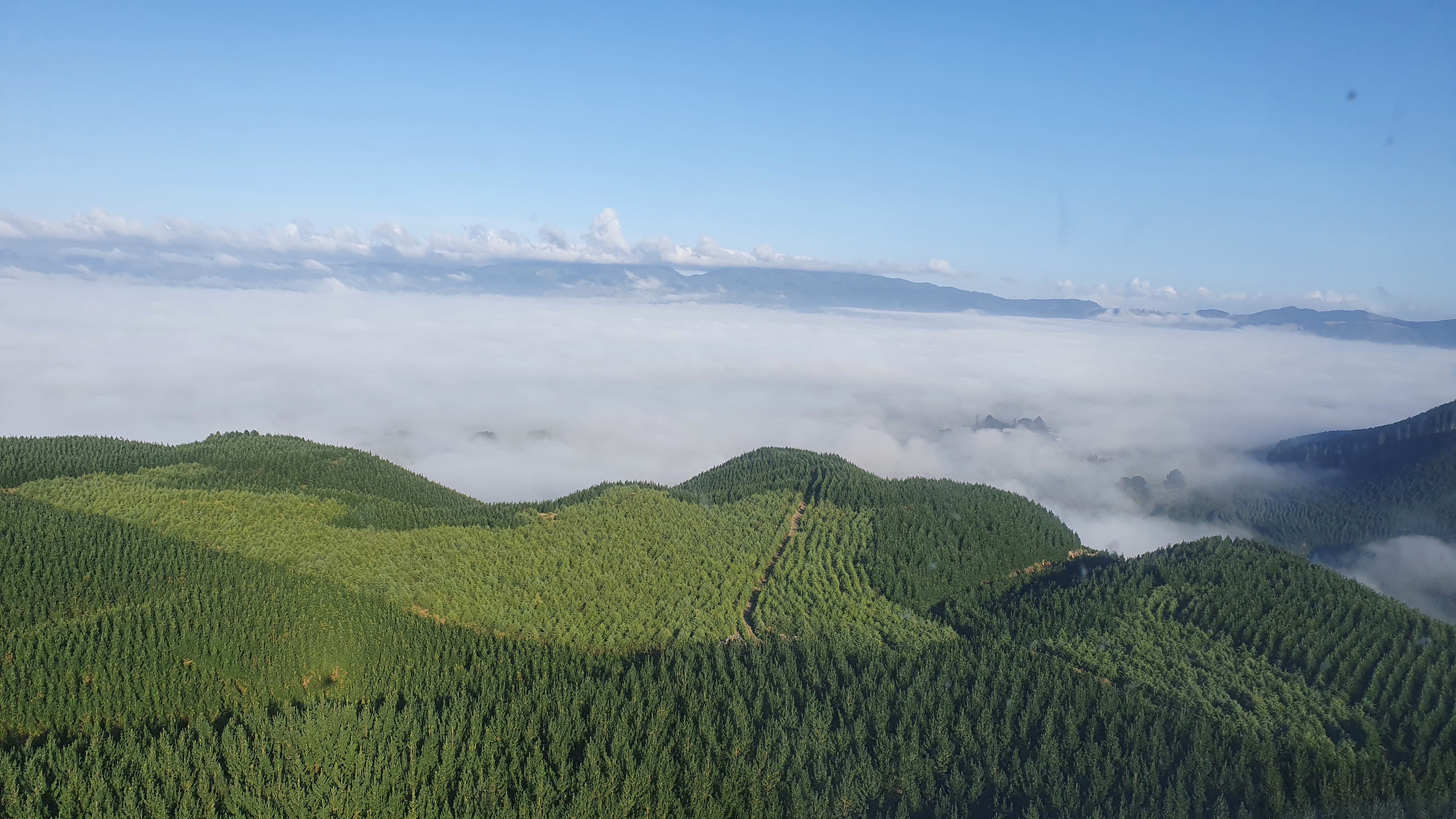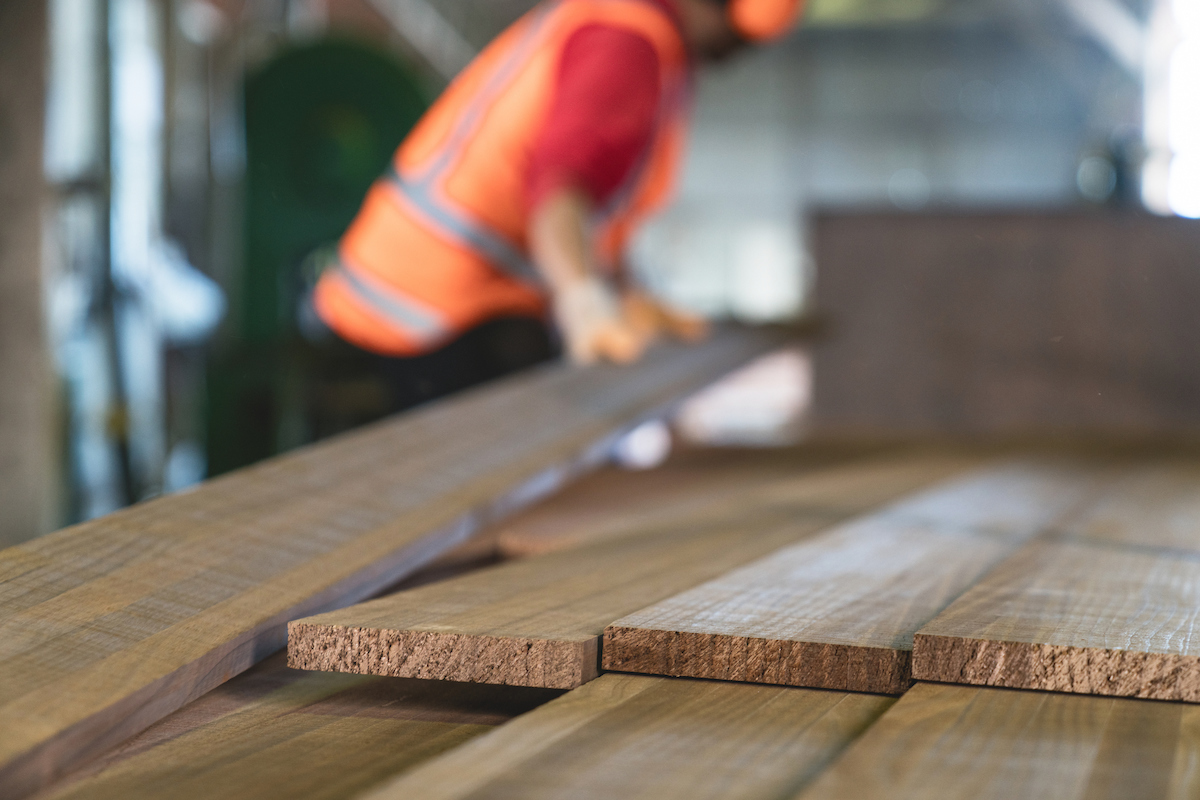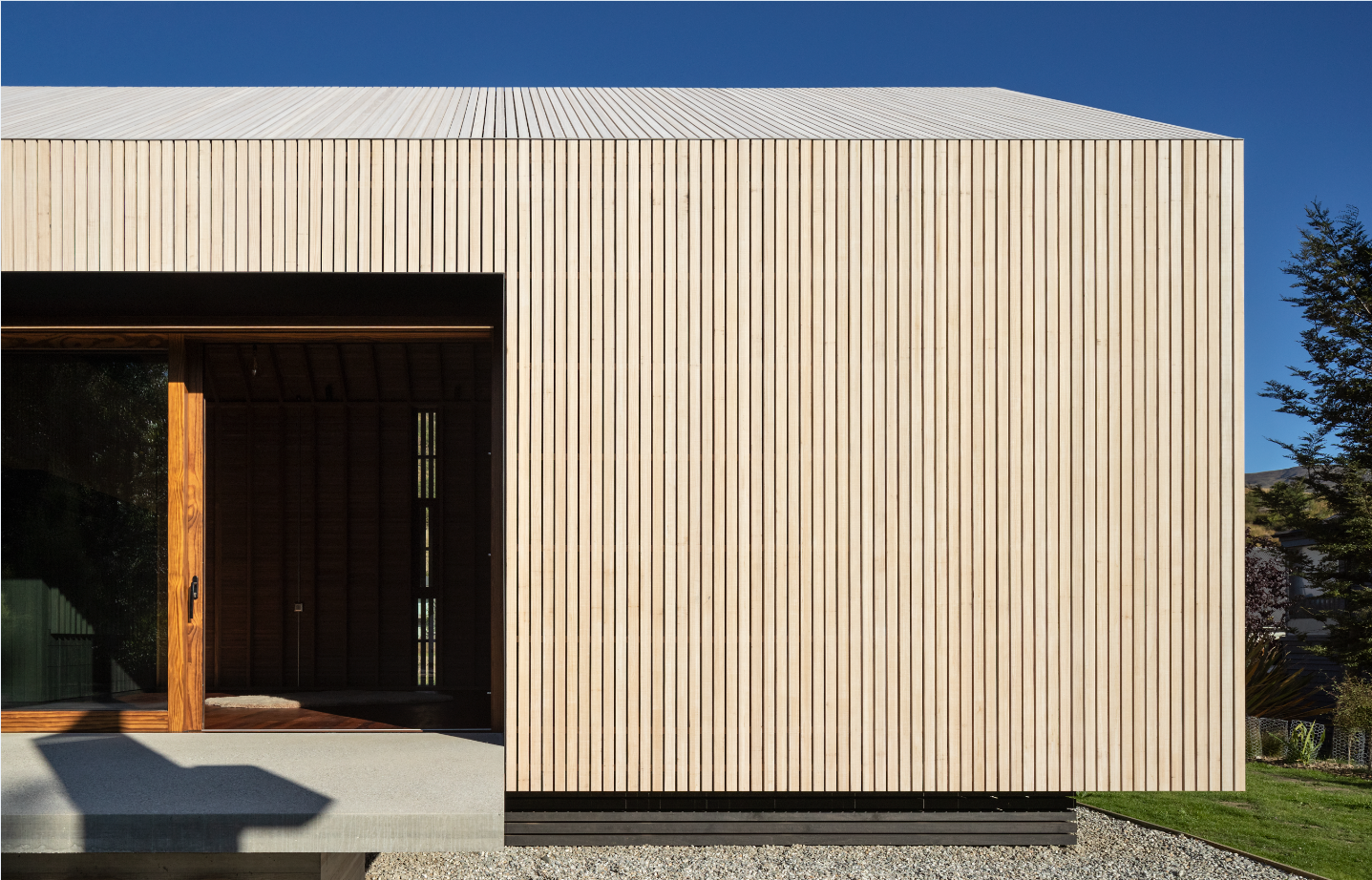This is a guest article by Daniel Gudsell, Founding Director at Abodo.
In an era where sustainability and environmental consciousness are at the forefront of consumer choices, Abodo's represents a paradigm shift towards carbon-negative timber building materials . Crafted from FSC-certified New Zealand Radiata Pine (FSC®C010962), Abodo stands as a testament to responsible forestry practices and environmental stewardship.
“We’re committed to meeting the increasing needs of today’s building industry without disadvantaging future generations,” says Daniel Gudsell, Founding Director at Abodo. For more than 20 years, Daniel has been working with rapidly renewable plantation timber to create beautiful, durable, carbon-beneficial feature timbers.

Thermally Modified Timber
Abodo has brought thermal modification technology to New Zealand, enabling the transformation of renewable plantation timber into durable wood that can stand the test of time. “This technology was developed over 100 years ago; it uses high-temperature kilns to caramelise the resins in the wood and alters its cellular walls, making it more durable without the need for any chemical treatments or additives. We’ve had to go through a lot of testing to show that our thermally modified Vulcan timber is as good or better than existing timber solutions.”
Abodo's thermally modified timbers are free from harmful chemicals, making them safe for people and minimising negative impacts on the environment. Thermal modification also provides the following benefits;
- Durability class 1 (EN350-1)
- Ideal for interior, exterior and joinery applications
- Improved stability (less movement)
Vulcan timbers perform particularly well in window and door applications, Daniel says. “In addition to being aesthetically pleasing - akin to a tropical timber - and stable, Vulcan also boasts 20% better thermal conductivity, meaning it is a better insulator than traditional timbers.”
An important consideration in the design of windows and doors, the right timber choice will greatly improve the value, health, and sustainability of the building. Vulcan Joinery timber provides an ultra-low thermal conductivity rating of ~0.095 W/(mK).

The Future of Wood
The European export market has pushed Abodo to outperform on other measures as well, Daniel says. “Because we trade in Europe, we have to compete with the global market on CO2 emissions. We find that the architects we work with there are often even more driven by those measures than they are by design aesthetic. Embodied carbon is a priority, and even when we’re shipping product 20,000 kilometres, it’s still storing around 500kg of CO2 per cubic metre. This means that, in addition to being energy efficient and having no chemical additives, Vulcan timber is carbon negative.”
Creating a more sustainable future for the building industry is at the heart of Abodo’s values, even if the path to get there isn’t always easy. "We recognise that people value these old-growth materials because of the way they look and how they perform over time, but they don’t always take into account that they are unsustainable, no matter how you spin it. The question we need to be asking is whether or not there will be as much or more of a resource left for future generations. If the answer is no, it’s not sustainable. It’s that simple.”
Join our UK Roadshow
The Abodo UK Stadium Tour is happening in April and May, join us to learn more about The Future of Wood.
- Tuesday 7th May - London, Tottenham Hotspur Stadium
- Wednesday 8th May - Bristol, Ashton Gate
- Thursday 9th May - Brighton, Amex Stadium
Email info@abodowood.co.uk to register

Find out more about Adobo on their website.

